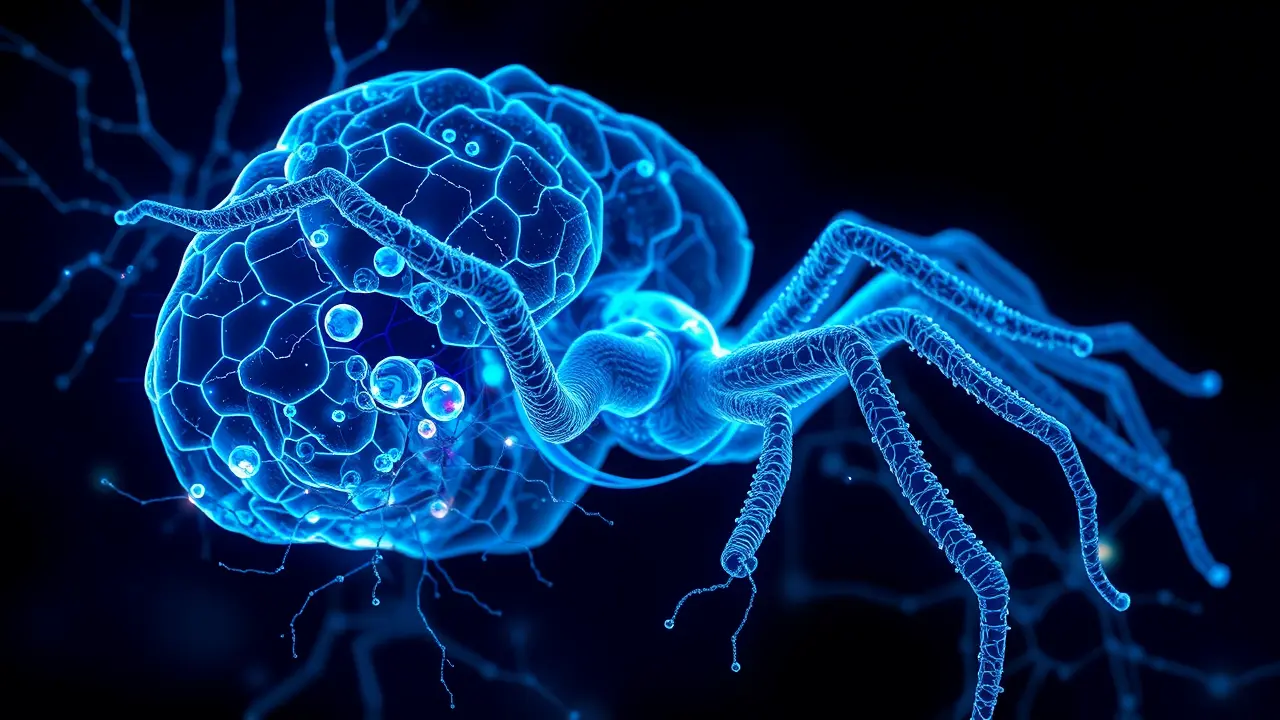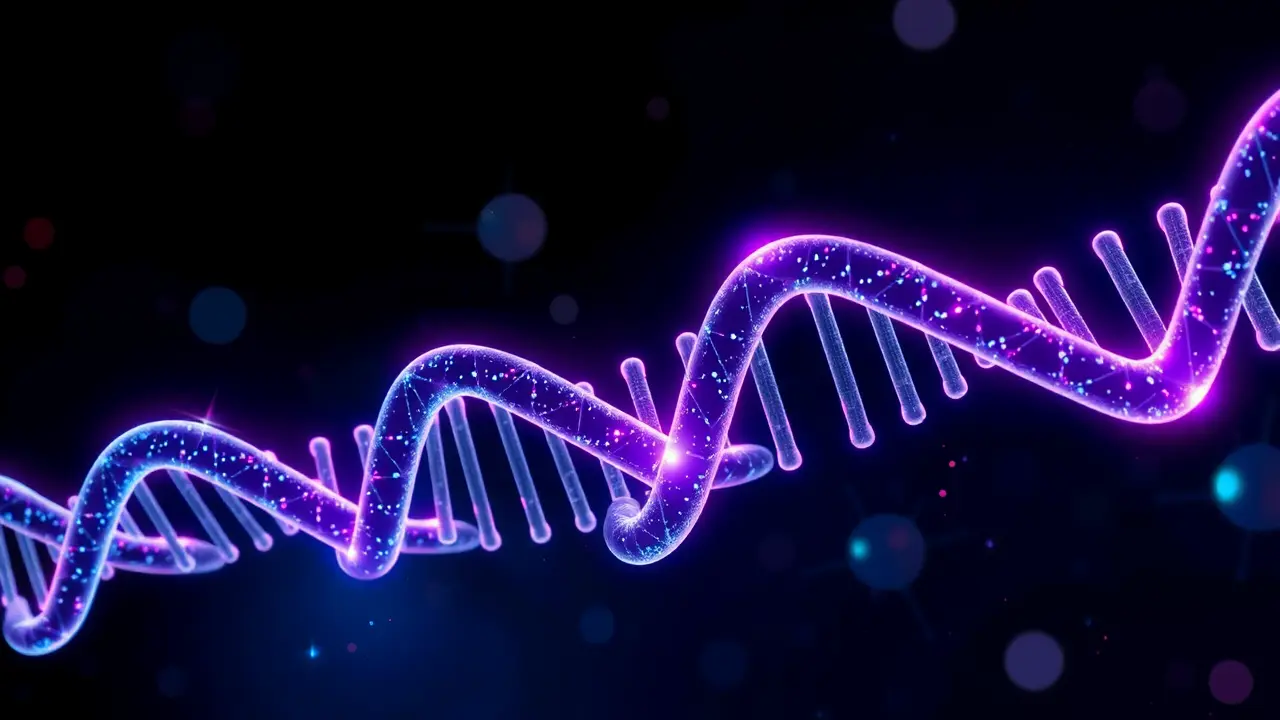- News
- medicine
- Bioelectric Breakthrough: Electrical Signals Reprogram Immune Cells to Accelerate Healing

SciencemedicineRegenerative Medicine
Bioelectric Breakthrough: Electrical Signals Reprogram Immune Cells to Accelerate Healing
KE
Kevin White
2 days ago7 min read
In a landmark study that merges biology with technology, scientists at Trinity College Dublin have pioneered a method to directly reprogram the body's immune cells using electrical signals, accelerating the healing process in a development that could redefine regenerative medicine. The research focuses on macrophages, the master regulators of our immune response.These cells typically operate in two primary modes: the aggressive, pro-inflammatory M1 state that fights infection, and the calming, pro-healing M2 state that repairs tissue. In many chronic wounds and inflammatory diseases, the system becomes stuck in the destructive M1 phase, hindering recovery.The research team discovered that applying a specific, safe electrical current to human macrophages in the lab acts as a reset button, converting the inflammatory M1 cells into their regenerative M2 counterparts. This bioelectrical switching doesn't merely suppress inflammation; it actively commands these reprogrammed cells to build new tissue, significantly boosting the growth of essential new blood vessels (angiogenesis) to nourish damaged areas.This approach represents a paradigm shift from drug-based treatments to 'electroceuticals'—therapies that use the body's own electrical language to direct cellular behavior. By hacking into these native signaling pathways, the method avoids the side effects and rejection risks common with pharmaceuticals.The potential applications are vast, offering new hope for treating non-healing diabetic wounds, severe burns, autoimmune disorders such as rheumatoid arthritis, and inflammatory damage following heart attacks or strokes. While the current technique is applied outside the body, the future vision involves developing tiny, implantable bioelectronic devices that could perform this cellular reprogramming directly at the site of injury inside a patient.The research team is now decoding the precise molecular mechanisms—likely involving calcium signaling and cellular metabolism—that are triggered by the electrical impulse. This Irish breakthrough signals a move from passively managing disease to actively instructing the body to heal itself, heralding a future where targeted electrical pulses could replace complex drug regimens and dramatically improve recovery outcomes.
#featured
#immune cells
#macrophages
#electrical stimulation
#inflammation
#healing
#tissue repair
#Trinity College Dublin
Stay Informed. Act Smarter.
Get weekly highlights, major headlines, and expert insights — then put your knowledge to work in our live prediction markets.
Related News
Comments
It’s quiet here...Start the conversation by leaving the first comment.
© 2025 Outpoll Service LTD. All rights reserved.





